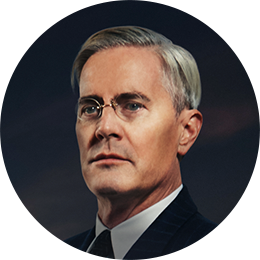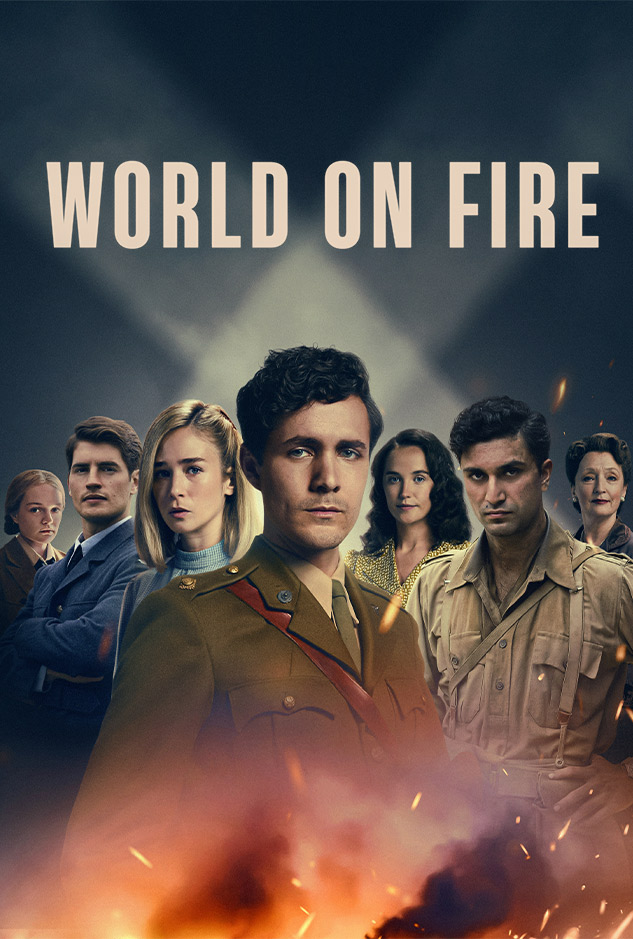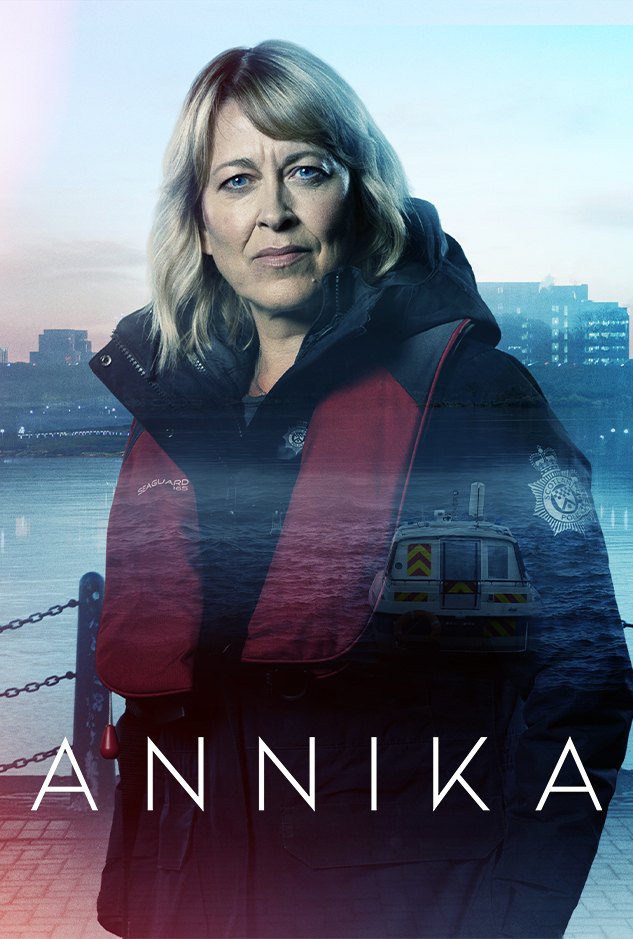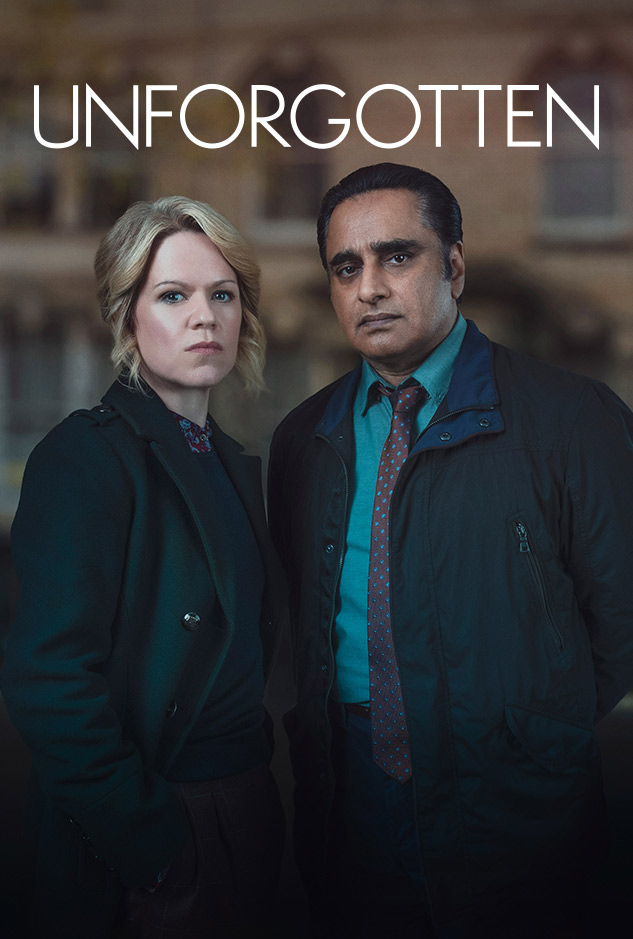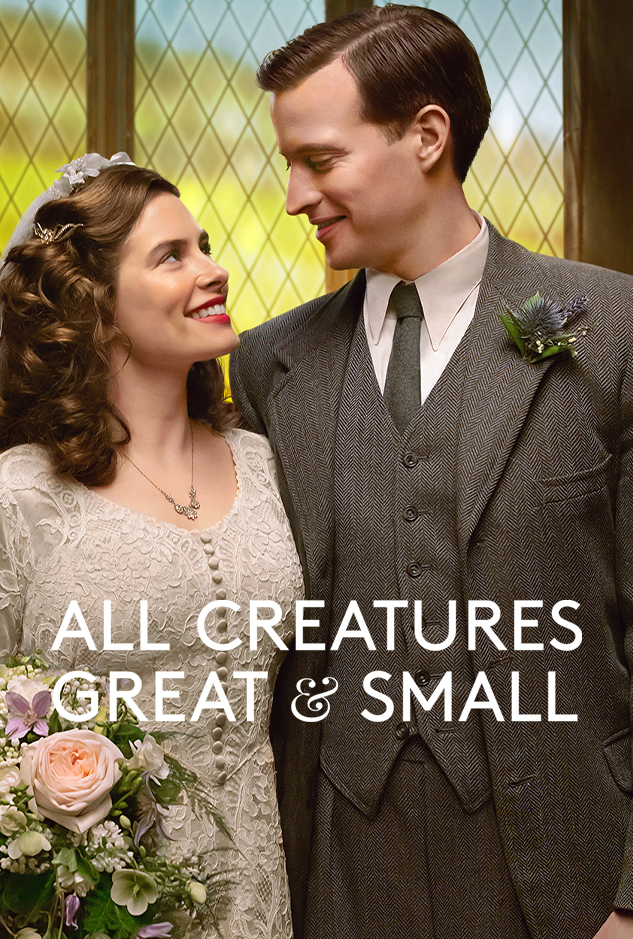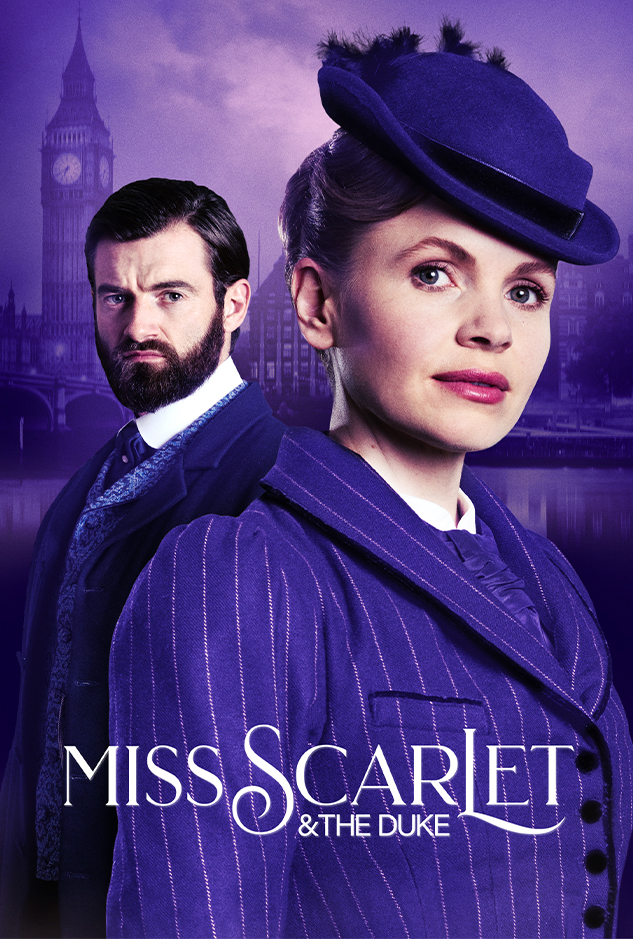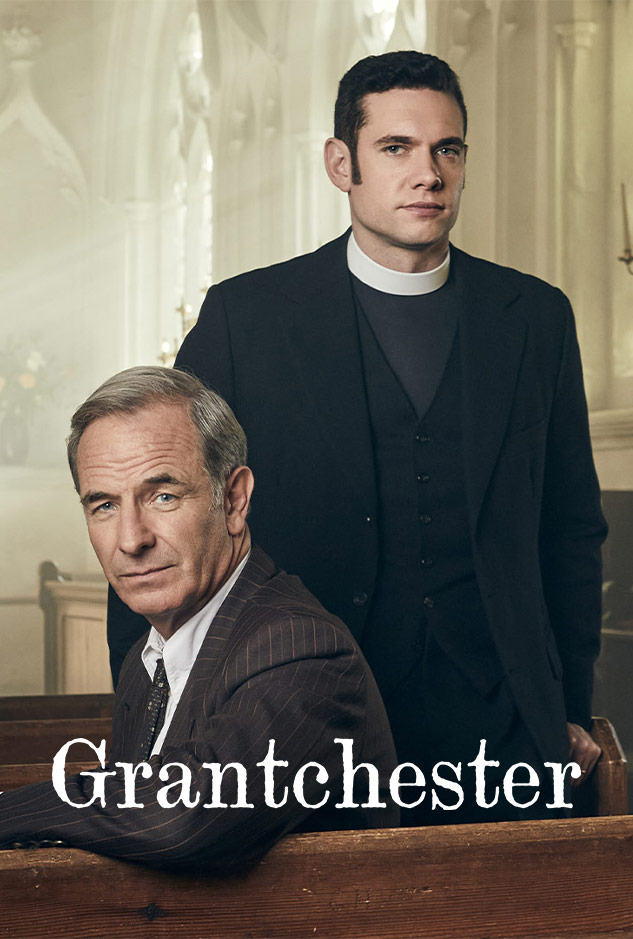Kyle MacLachlan Interview: Becoming FDR in Atlantic Crossing
Actor Kyle MacLachlan reveals what he thinks really happened between Franklin Roosevelt and Norway’s Crown Princess Martha in his 2021 TV show Atlantic Crossing, with insights into his portrayal of the iconic American president. Plus, he talks David Lynch, TikTok, his wine label, and how a cup of tea holds up against that Twin Peaks favorite, a cup of coffee.
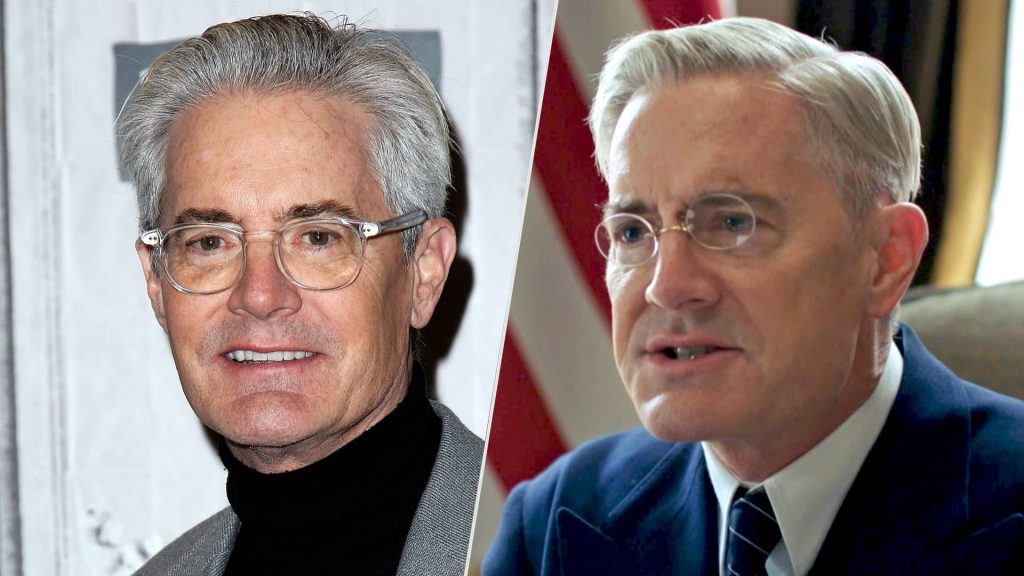

So much of what we think of FDR is about his wartime presidency, and his public persona, yet here we see this utterly charismatic, and also vulnerable, man. Can you talk about your research, and how you came to really understand him?
For my research into FDR, I had the wonderful Ken Burns, who does these in-depth documentaries, and whose The Roosevelts I paid very close attention to. He did a kind of Cliff Notes of what I needed to learn, in a way—a wonderful shorthand of the high points. [Editor’s Note: Watch The Roosevelts: An Intimate History by Ken Burns with PBS Passport, an added member benefit.]
It is a strange actor’s journey, where you have to just ask a lot of what if? questions: “What if I was 39 years old, and then suddenly was paralyzed from the waist down? What would that do to me?” And you have to sit with it and let it invade all your cells in your body to really get a grasp of it. From that, you begin to align yourself a little bit with what we know about him. And that’s kind of my process, I guess, without getting too scientific about it. It’s just really kind of an absorption.
And then following what was there, I thought, obviously, there was a huge physical impediment, which he countered with his brilliant mind and quick wit and beautiful style of speaking, which he already had. But I think that during the time when he was coming to terms with what had happened to him, he recognized that that had become his arsenal, his only weapon: his voice, and really, his head, and his mind—the body is just not there.
And honestly, I think that being such a smart guy, he was looking for ways that he could somewhat disengage from his body and engage with an idea, or a person, or a situation, or a moment. And the script, to my delight, was really concentrated on those moments. He was fun. Probably not all the time, but at least when we see him—he’s fun, and he is ready to engage, and needs this kind of interaction primarily to be able to move away from the duties of president, as well as what he was feeling physically.
Does playing an historical figure feel like a huge responsibility? And is all the audio and the newsreels and film footage available both a blessing and a curse? Does it present a different kind of challenge where you might worry that, for instance, “I’m just focusing too much on getting the speech right—what about his inner life?”
Yes to all. It is a tremendous responsibility. And then you have to make a decision. You have to say, “Okay, I have a similar structure to my face, kind of, but I don’t really look like him. How far do we go in terms of trying to make it identical?” In this particular case, working in Prague with people whose level of sophistication I didn’t know, I made the decision pretty early on not to wear prosthetics, because unless you have a prosthetics person that is one of the top ones, it can be a real challenge, and having gone through a couple movies where I was required to wear prosthetics, it’s arduous…and not always successful. So I thought, I’ve got the glasses and I’ve got the gray hair—I’m just going to go in and breathe life into what I think the energy is of this man, and people will, I hope, start to look at me and maybe see FDR, and maybe less of me. You kind of want to just [proceed like], “Okay, now you’re just going to have to accept that I am FDR.”
To bolster that, I watched his physicality a lot and tried to understand the “why”: Why does he move his head so much when he speaks, especially during oration time? It’s because he can’t take his hand off the podium to gesture, because without that, he’s going to fall over. I learned that he’d locked himself into these braces that keeps him erect from the floor to his waist—and then the rest of it is him supporting himself on these lecterns. The braces had to be bolted to the floor so that he could remain upright, so all he had was his chin, and his face. So you begin to go, “Okay, okay. I get it now.”
I also saw a lot of how, when he was in the chair, he would do something—usually with a blanket, or the way he put his arm, or he would put his hand over his knee, or something like that—to sort of take your focus away from what was happening. It’s like that Wizard of Oz line, “Pay no attention to the man behind the curtain,” like, “Pay no attention to this lower part of me—what I want you to look at is my face, my upper body, and listen to my voice.” And he had a terrific voice. Not unlike many presidents, Obama in particular, I think. When he gets into the oration it’s almost this—not opera, not singing—but it’s a very compelling way of speaking that comes out as if he’s at the pulpit, almost.
What did you learn about him that surprised you the most?
He really loved to entertain. He would invite people to stay at the White House, and they would just stay for weeks at a time, sometimes longer. He loved having people around. And he loved his 5:00 cocktail hour. He was not a good mixologist, so if he asked you if you wanted a drink you were better off saying, “Oh, I’ll have a vodka, or gin.” He was also not a very good driver. Many heads of state he would invite in the car to go for a drive, and they always came back white as a sheet and shaking, because it was a near-death experience for many of them, so that was also fun to learn.
The other thing is the relationship with Eleanor. He relied very heavily on her for her journeys into the world. She would go out, she would meet people, she would take tours, and she would experience things. And then she would bring back what she’d learned and they would download it together. And she was a tremendous help for him, because obviously, he couldn’t get out and do what she was able to do.
Is there anything you learned about FDR that you wish could have been included in Atlantic Crossing?
Gosh, there’s a lot about him. He had a whole investment and a very strong interest, in an area called Warm Springs, which was a facility that was there to aid, to rehabilitate—because they thought they could be rehabilitated at that time—polio victims. He would be down there frequently, engaging with people like him, people he shared this affliction with, and he was, evidently, the life of the party. It didn’t fit, necessarily, within the world of the story that we were telling about the Norwegian royal family, and how they hold it together in their country.
The scene in Episode 6 where he describes his dream to Martha was really interesting and had me wondering, what’s going on there? In some ways, he’s finally laying bare his vulnerabilities, which he normally wants to hide. But he also feels her pulling away, and it’s a great moment for him to slightly pull her back in. What do you think?
It’s all of that. And there was a wonderful complexity, a simple complexity, if I can say that, to those moments when there’s a push-pull, and you don’t know exactly. It was a whole thing that Sofia walked so beautifully: Is she falling for him? Is she resisting him? Where is she? Is she using him? And I think all of those things were present. I think he recognized that it was not something that was going to be able to continue. But I think he just wanted, as we all do, the validation. It’s the insecure part of us that just wants to hear someone say, “Yes, I do love you. And we did share something that was special. And I do see you for who you are.” But obviously, it can’t go beyond where it’s gone.
And I think that it’s kind of a tender vulnerability, and a moment that I really enjoyed seeing, because as stories go, he was pretty tough, and he didn’t show that side to anyone—probably Eleanor was the only one. Did it happen, did it not happen? We don’t know. But it happened at some point in his life, so why not make it with Martha.
Did you ultimately decide for yourself what the true relationship between them was?
I did. I mean, I think he was pretty confident, FDR, and I think in his mind, and in my mind, that we actually did share intimacy. But that is really just within the actor’s cocoon, and I think the filmmakers were right in really walking that line, and not saying definitively yes, definitively no. They were able to do it in a very tender, gentle way that worked, and led the audience to come to their own conclusion about it. And I think in that way didn’t didn’t set out to offend the royal family, and the heirs of the people that the film was about. That was very important to them, I remember, not to create something that wasn’t real, and that no one really knew. So we weren’t about to put our tent pole in the ground and say, “Yes, this is what happened.”
It must have been gratifying to be a part of a production that brings to light not just an untold story, but an untold story of a woman who had a real role in her country’s fate during the war.
Yes. That was a big part of it as well, watching her grow into who she needed to be in order to be the most effective for her country, which she did, of course, on her own. And I love the fact that both Eleanor and FDR were there in a supportive fashion for her. They said, “You can do this,” and I like that they weren’t dismissive. She had to earn it, particularly with Eleanor, but once she demonstrated that she wanted to, seriously, and that she was willing to put herself out there and expose herself, I think everyone responded with kindness and help.
Looking back at your career, it’s probably fair to say that David Lynch has been a mentor, and friend and just a major part of your life. Is there anything that you learned from him, as a young actor just starting out, that you integrated into your work or even your life in general, going forward?
David is very confident, and he really creates an atmosphere on the set, and really in front of the camera, that is generous, and joyful, and welcoming, and fun. And I try to bring that when I work. I’m not like “Quiet on the set!”, everything has to be perfect, perfect, perfect—I like a little mess. And I like to swing into things, sometimes, with a different kind of energy, just to see where it goes. And David is very much about letting that happen. So I try to do that. Sometimes other actors can be like, “What?” Everyone has their own way of working, but it’s not a lack of focus or concentration, it’s just kind of coming with some ease, I guess. Film and a camera can capture what you’re thinking, so you don’t need to do much.
Back in your youth, did you ever imagine that someday you would have your own approximation of David Lynch’s famed hair?
No, I didn’t, to be honest. I love David’s hair, especially when he gets the whole big thing going on. I have a lot of hair, fortunately, and now it’s kind of natural white, with some flecks of dark in there, and when it gets a little unruly, yeah, it can go kind of crazy. And we can definitely compete in sort of the hair gene category. But no. I have some old photos from when we worked together on Dune, which is 1983, for God’ sake—I was 23, and he was about 34, or 35—a little more than 10 years older than me. And we just are kids. We just look like children, it’s so funny. I had my hair kind of permed out and made into this sort of strange looking hairdo, and David, he wore a hat most of the time on that set. But he had the same kind of thing. Hair that was flowing all over the place. It was good.
That generous and fun quality is evident in the short videos you’ve been making on sites like TikTok and Instagram, whether it’s about gardening or Twin Peaks or your wine label. What do you like best about making these videos? Is it engaging in fan communities, or using your creativity for these short pieces?
I like the creativity of it. It’s fun—it’s like when Twitter first came out, you had a certain number of characters, and you had to get your point across. I like that you had to be brief. Brevity is the soul of wit, they say, so short is good. And I’ve always looked at it from the very beginning as more of a platform to celebrate my fans, maybe post something from something I’ve been in that people maybe enjoyed. Recently, it’s just been a creative outlet…and even just getting a crazy idea so you want to film it. It’s not a big deal—except I’m making it into a big deal, because I’ve rented costumes twice now: an Elizabethan and a bear.
My wine is called Pursued by Bear [a famous stage direction from Shakespeare’s The Winter’s Tale], so I often go to Shakespeare as a point of reference. And once we got started on this idea, it took off. I just got back from Western Costume, where I rented my Elizabethan outfit, and I got a grizzly bear costume. This afternoon, I think we’re going to recreate the label of the wine: the actor being chased off stage by a bear. I’m going to impose upon my nephew to wear the costume in this spring heat. We’re going to have some fun, and again, I like to engage and celebrate the fans, and provide a little bit of comic relief. Just, let’s have a light moment in the day, if we can.
You’ve nailed TikTok, but what about the mother of all pandemic trends, sourdough bread baking?
I was baking bread in the late ’70s, before it was fashionable. I kind of caught the tail end of the whole hippy thing (actually, that happened ten years before). But I was into bread baking when I was in college. I had a sourdough starter, I remember, that erupted all over the inside of one of my kitchen cabinets. My roommates were not happy with me. But yeah, I was kind of a granola kid back in those days, so I’m so ahead of that curve. My dad would say, “I’m so behind, I’m ahead,” and so maybe that’s what it was. But that was the late ’70s for me.
Finally, for those MASTERPIECE and Twin Peaks fans out there, has being on a MASTERPIECE show made you more open to tea, and could tea ever beat “a damn fine cup of coffee?”
There was a time when I drank tea, a long, long time ago. But once I discovered coffee, I just never went back to tea. Now if I’m in London and it’s tea time, and they’ve got scones around, that whole thing that they do, I’ll go for tea, because you just have to toe the line on that. But I’m a coffee guy from morning until late afternoon, and sometimes even in the evening. And as much coffee as I drink, I need a really dark roast, because that burns out most of the caffeine. Otherwise, I can get jittery and sweaty. It’s not pretty. But I can still muster up for a good cup of tea.








